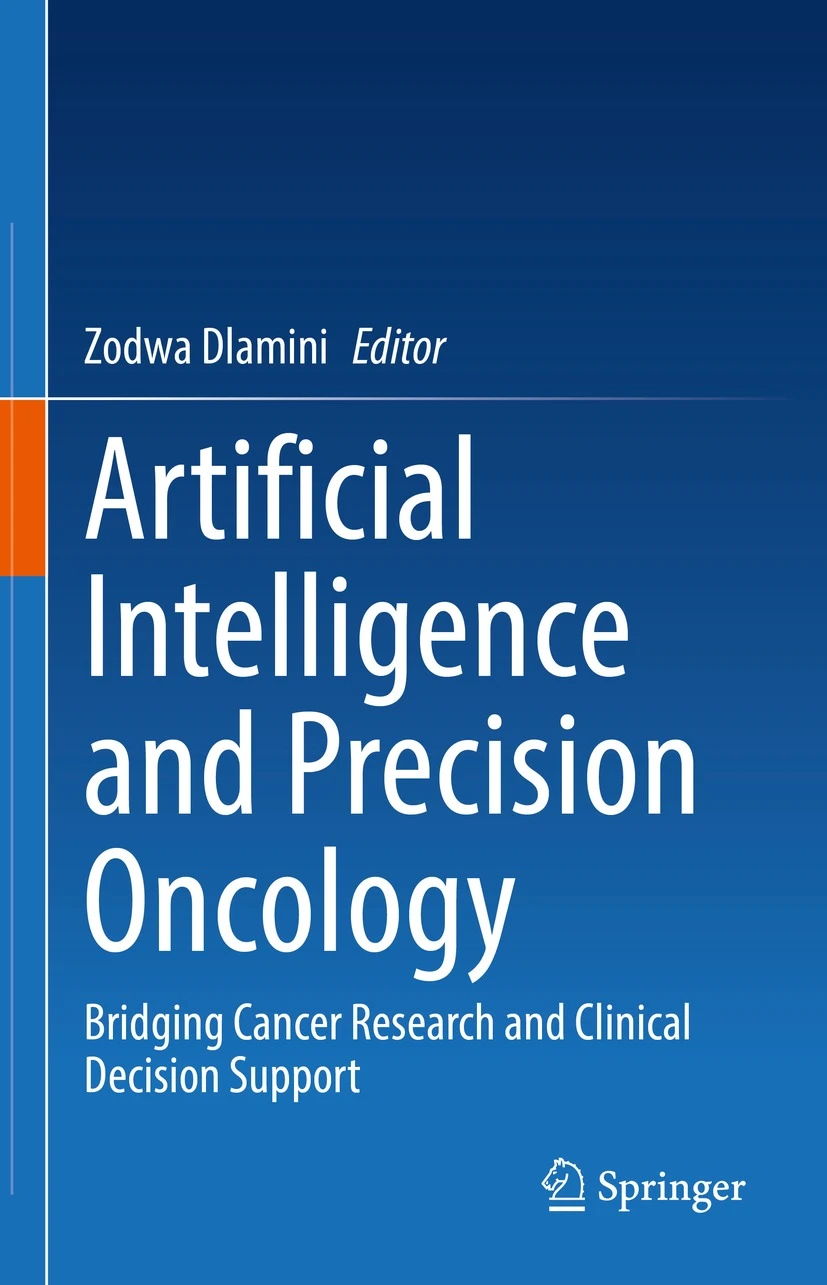Περιγραφή
This book highlights the use of artificial intelligence (AI), big data and precision oncology for medical decision making in cancer screening, diagnosis, prognosis and treatment. Precision oncology has long been thought of as ideal for the management and treatment of cancer. This strategy promises to revolutionize the treatment, control, and prevention of cancer by tailoring tests, treatments and predictions to specific individuals or population groups. In order to accomplish these goals, vast amounts of patient or population group specific data needs to be integrated and analysed to be able to identify key patterns or features which can be used to define or characterize the disease or the response to the disease in these individuals. These patterns or features can be as varied as molecular patterns or features in medical images. This level of data analysis and integration can only be achieved through the use of AI.
The book is divided into three parts starting with a section on the use of artificial intelligence for screening, diagnosis and monitoring in precision oncology. The second part: Artificial intelligence and Omics in precision oncology, highlights the use of AI and epigenetics, metabolomics, microbiomics in precision oncology. The third part covers artificial intelligence in cancer therapy and its clinical applications. It also highlights the use of AI tools for risk prediction, early detection, diagnosis and accurate prognosis.
This book, written by experts in the field from academia and industry, will appeal to cancer researchers, clinical oncologists, pathologists, medical students, academic teaching staff and medical residents interested in cancer research as well as those specialising as clinical oncologists.












